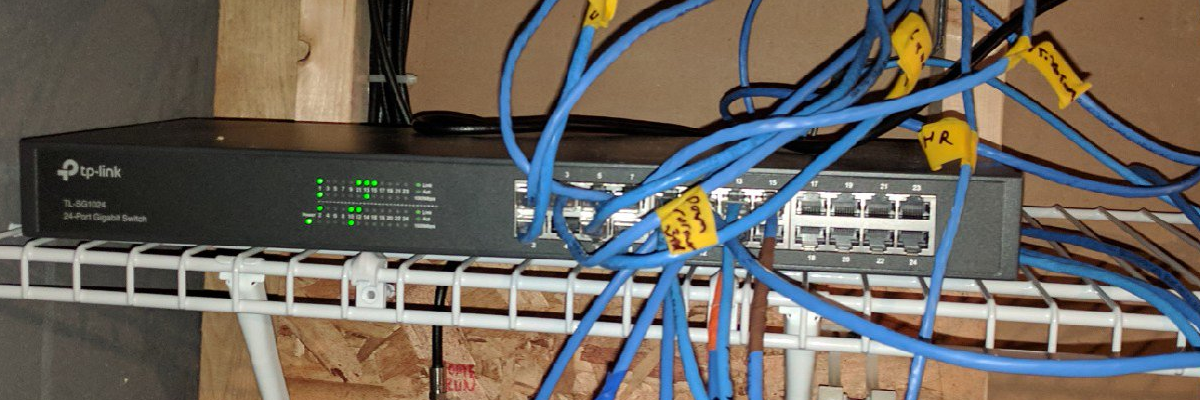Proxmox on physical servers hosting a variety of vanilla Debian installations. I have a physical router running pfsense as well as two HP miniservers running OpenMediaVault.
wagesj45
Great American humorist. C# developer. Open source enthusiast.
XMPP: wagesj45@chat.thebreadsticks.com
Mastodon: wagesj45@mastodon.jordanwages.com
Blog: jordanwages.com
- 0 Posts
- 2 Comments
Joined 2 years ago
Cake day: June 12th, 2023
You are not logged in. If you use a Fediverse account that is able to follow users, you can follow this user.



This is important. I dunno about scale, but backups. I started out hosting a chat room on a raspberry pi. It was a fun side project. But then, that became where my friends all hung out. That was the place, so it became important to me. And then the SD card got corrupted. I then moved on to a consumer laptop. It was way more stable, much faster. But if I messed up anything about the installation, I was hosed.
I very highly suggest using Proxmox, like you say, and setting up automatic backups. And occasionally transfer them to a hard drive. It doesn’t matter what kind of virtual CPUs or services you install, gedaliyah@lemmy.world, as long as you have a plan for when something you host becomes important to you and you lose it.